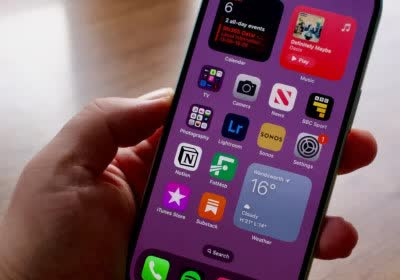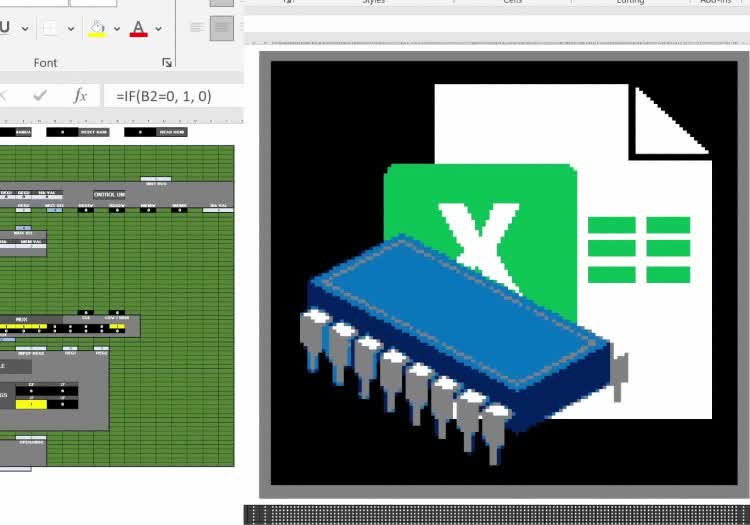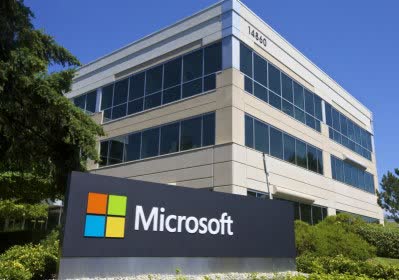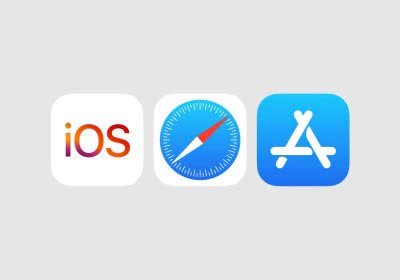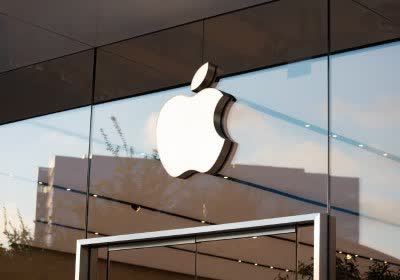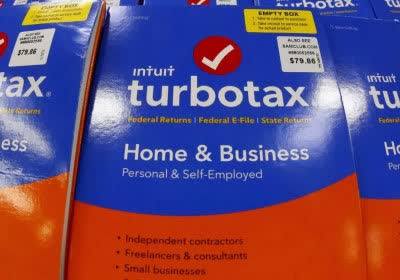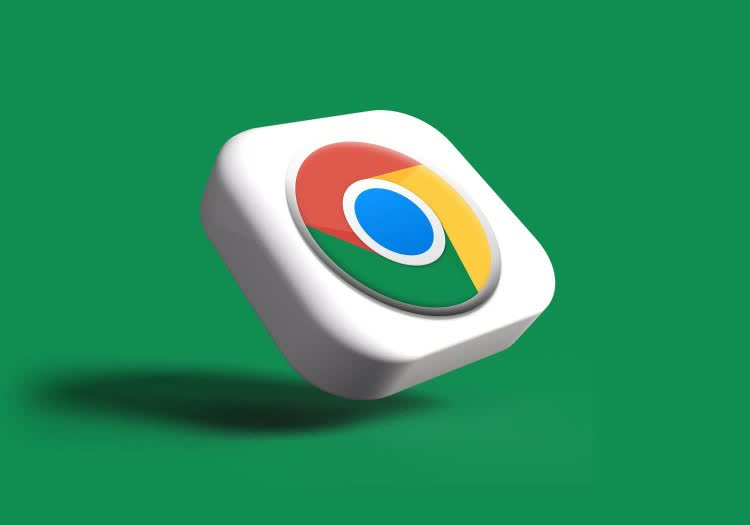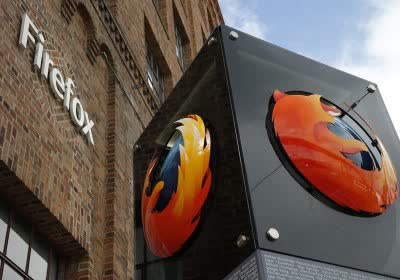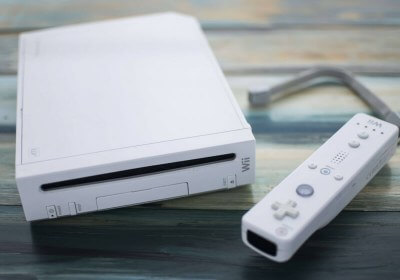Microsoft removes WordPad from the latest Windows 11 Canary build
One foot in the grave
Apple iOS 18 expected to be a big software update, iPhone could be getting AI features
Siri may be getting ChatGPT-like functionality
Free video editor Shotcut adds new features and enhancements
Shotcut 24.01 has released its first update for 2024, introducing timeline improvements, enhanced editing capabilities, and several bug fixes.
German railway seeks IT admin to manage MS-DOS and Windows 3.11 systems
Legacy systems do have their advantages
Hobbyist builds fully functioning 16-bit CPU in Microsoft Excel
Turns out, Excel is a lot more interesting than we ever imagined
In a nutshell: In an impressive display of creativity and technical finesse, a hobbyist has managed to build a fully functioning 16-bit CPU entirely within Microsoft Excel. The project provides a unique hands-on way to explore low-level computing concepts and highlights Excel's flexibility beyond boring spreadsheets, letting anyone download and tinker with a miniature computer architecture.
Microsoft's latest build for Windows 11 offers slew of new features
Check out Microsoft's latest thinking for Windows 11
Apple big App Store changes: third-party stores and cloud gaming now allowed, also full-blown Chrome and Firefox
Alternate app stores and browser engines are EU-only though
Firefox introduces support for passkeys on macOS
In addition to using passkeys stored in iCloud Keychain, Firefox 122 enhances the translations feature. Also, it now displays images and descriptions when searching in the browser's address bar.
Apple is working on AI models that can run on-device rather than on the cloud
Apple's hiring and research indicates a big AI unveiling this year
Nvidia RTX Video HDR offers AI-based HDR upscaling for SDR videos
Available on the latest GeForce drivers, RTX Video HDR uses AI and tensor cores to convert SDR to High Dynamic Range (HDR10) quality videos. The process means to improve color and detail that might be lost due to video compression.
Ventoy adds FreeBSD 14.0 support, more
Ventoy is an open-source tool for creating bootable USB drives. On its latest version it's added FreeBSD 14 support, boot fixes, and more improvements.
TurboTax deceived consumers with its "free" offering, the FTC rules
Software developer Intuit must stop advertising free service or products that many cannot access
Google Chrome 121 adds three new AI features: a tab organizer, custom themes, and a writing assistant
The latest Chrome update includes experimental GenAI features to organize your tabs, create custom themes, and get help with writing on the web. You'll be able to try these out from the "Experimental AI" page in Chrome Settings.
Mozilla calls on Apple, Google, and Microsoft to create a more level playing field in the browser market
The Firefox developer has compiled a list of platform-holder tricks that thwart competition
They warned you: Someone allegedly used a politician's cloned voice to interfere with an election
It will most assuredly not be the last time this happens
Nvidia RTX Remix enters open beta, adding path tracing to games like Call of Duty, Max Payne, and more
Doom II also receives a separate ray tracing mod
Windows 11 has been shrunk down to 100MB
How much can you remove from Windows 11 and still have it boot? All but 100MB, as long as you like DOS
Nightshade, a free tool to poison AI data scraping, is now available to try
Turning private artwork into effective poison pills for large, greedy AI models
Customer service chatbot gets foul-mouthed and calls its own company "useless"
"Their customer service is terrible" -- says customer service bot
Bugs in Fujitsu accounting software that led to false convictions were known "from the start"
A Fujitsu exec called the scandal "Shameful and appalling"
Jailbroken Wiis gain access to a revived digital storefront
Service could eventually offer every digital Wii game for free
Intel is backporting APO frame-boosting tech to certain Core CPUs
The optimization technology was initially limited to Raptor Lake Refresh chips
Many game developers are not embracing a subscription future, unless you ask Ubisoft or Microsoft, of course
Baldur's Gate 3 developer expresses concern over a subscription-dominated future
Samsung Galaxy S24 upgrades focus on software first
Clearly, it's time for a new approach



